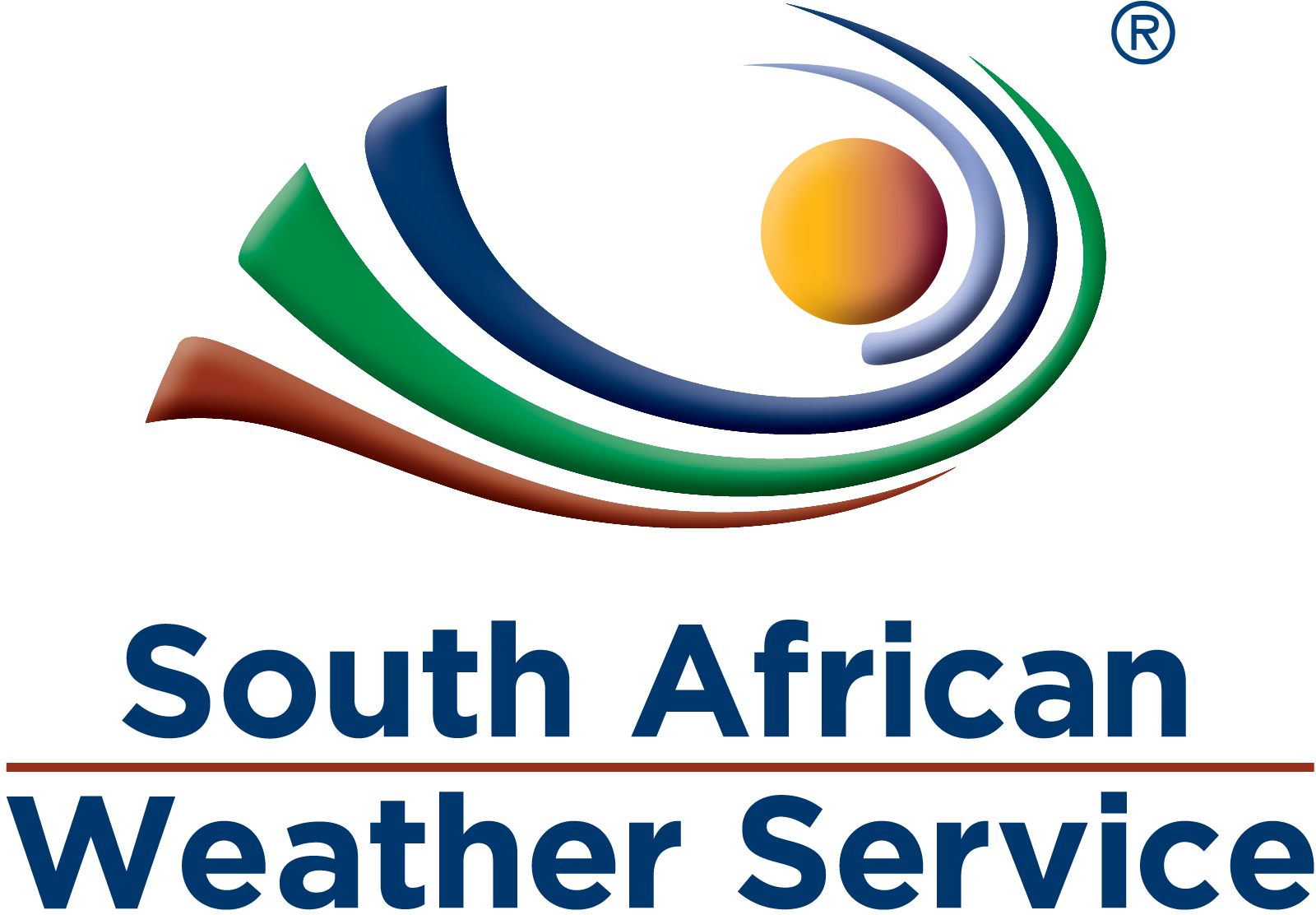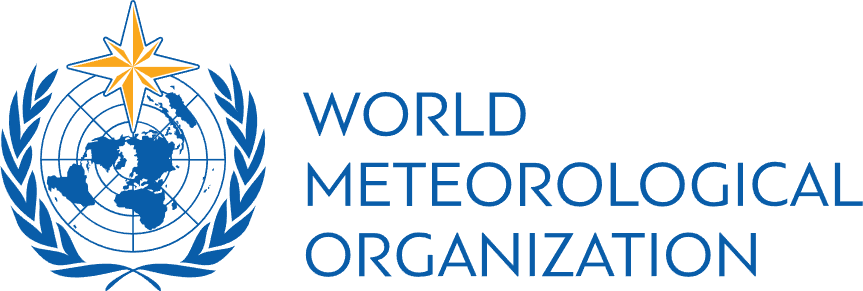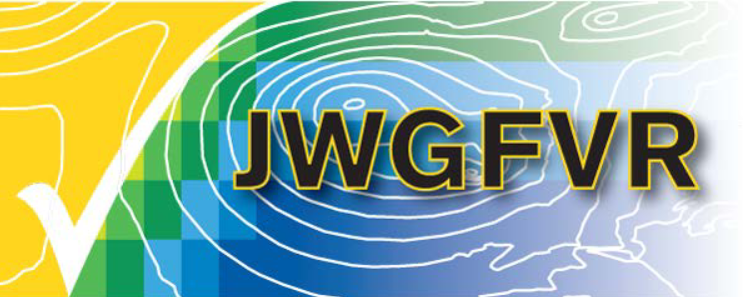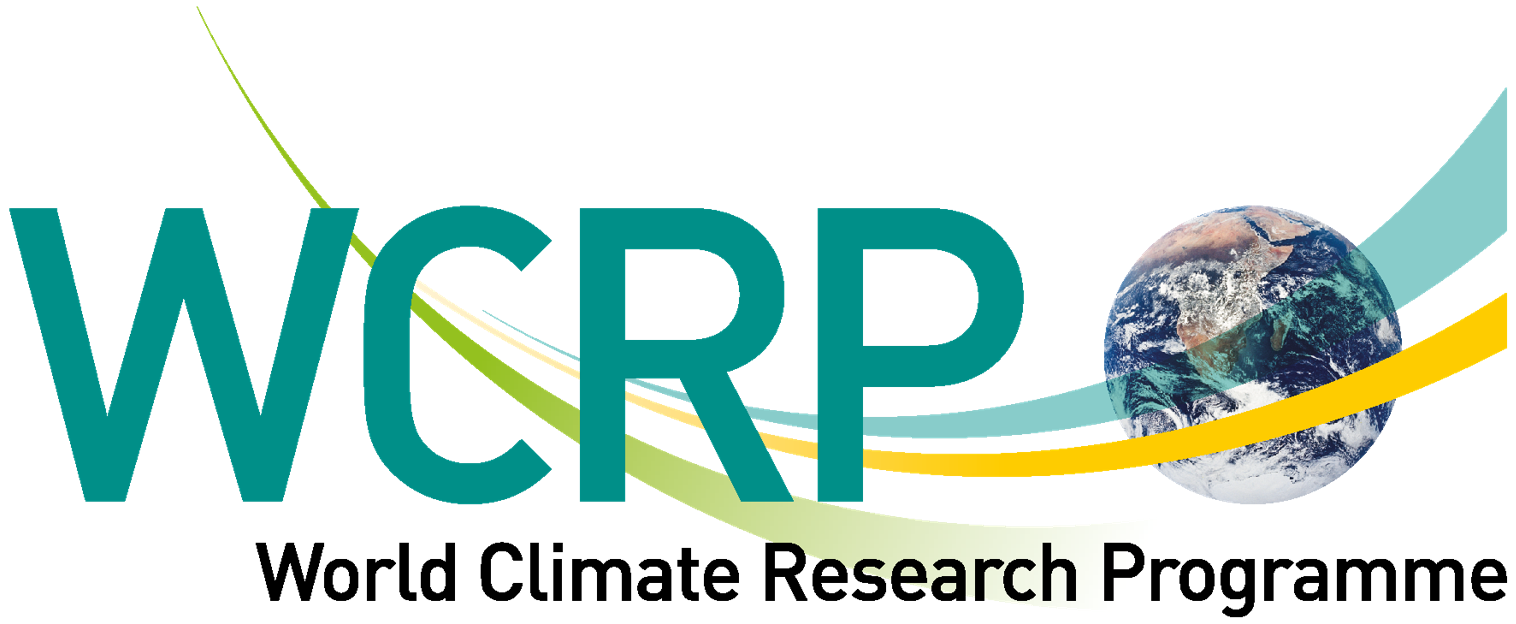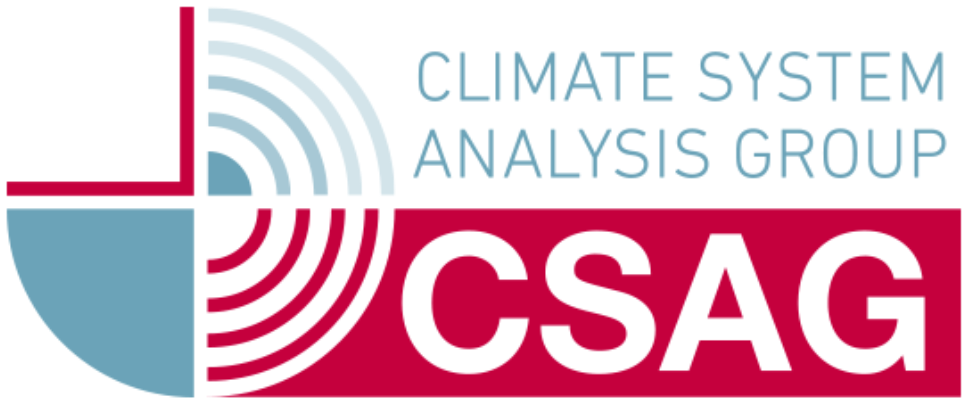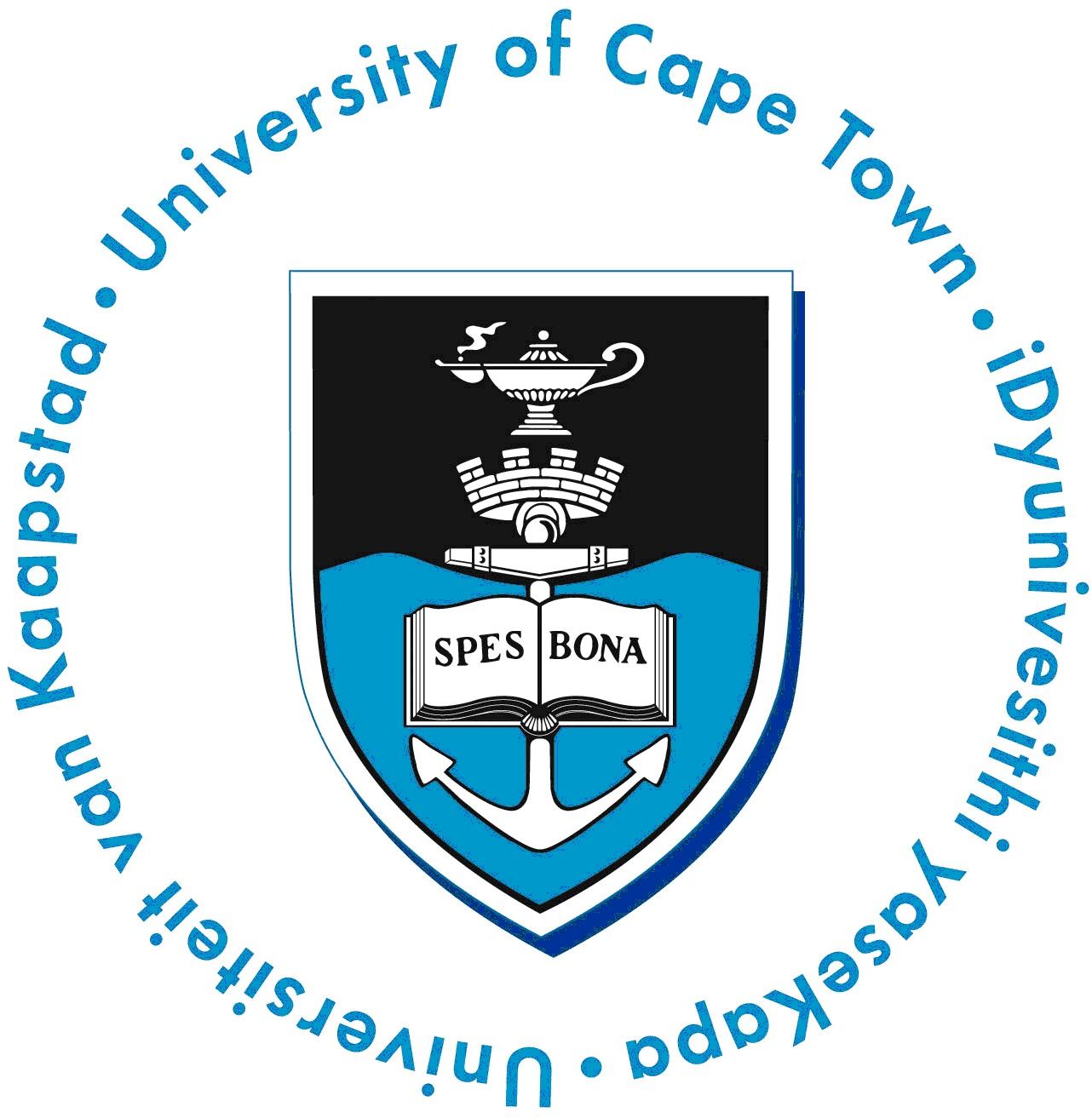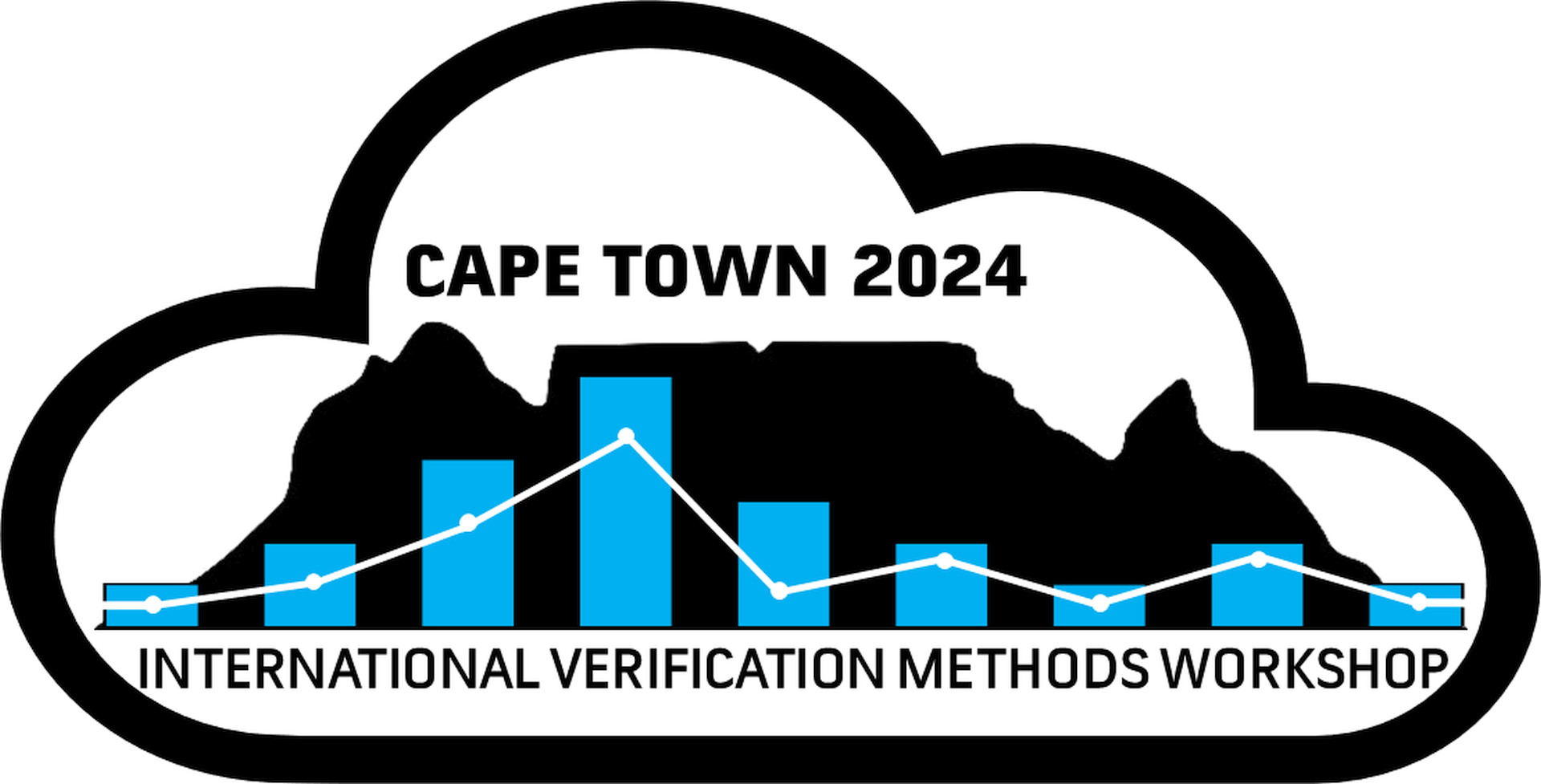Tutorial Information
The verification tutorial is aimed at university students (undergraduate, graduate and postgraduate) and earlier career scientists in weather and climate science, including university research scholars, independent scientists, and scientists in weather and climate services.
Note: The tutorial has no registration fee. Participants are expected to cover their accommodation and travel expenses. Limited financial support might be available for two applicants from developing countries.
A maximum of 30 students can be accepted for the tutorial. If more than 30 applications are received, the tutorial committee will select those students who are likely to benefit most from the tutorials.
Successful applicants will be selected on a merit basis, accounting for their motivational letter, career status (early career being preferred over senior scientists) and experience, with considerations for gender, geographical and institution-type balance.
Timelines
Workshop
| Registration and abstract submission open | 12 November 2023 |
| Abstract submission closes | 19 January 2024 |
| Abstract acceptance letters | 16 February 2024 |
| Workshop program available online | 15 March 2024 |
| Registration Closes | 12 April 2024 |
Tutorial
| Application Opens | 12 November 2023 |
| Application Closes | 19 January 2024 |
| Application acceptance letters | 16 February 2024 |
The tutorial lectures will be hosted by the Climate Systems Analysis Group (CSAG) on the University of Cape Town campus.
Topics covered in the lectures will include:
- Basic concepts in forecast verification;
- Meta-verification concepts and inference;
- Continuous and categorical scores;
- Probabilistic and ensemble verification;
- Spatial verification methods;
- Verification of high impact weather and warnings;
- Tropical cyclones verification;
- Verification on sub-seasonal to seasonal (S2S) timescales;
- Evaluation of climate projections.
Participants are expected to have some computational ability in either R or python , and a personal laptop, for performing the assignments independently. The theoretical lectures will be supplemented by practical assignments designed to complement the lecture material. Moreover, participants will be grouped into teams to work on group projects expanding on the practical assignments. Each team is expected to work independently and present the outcome of their project at the scientific workshop, the week following the tutorials.
